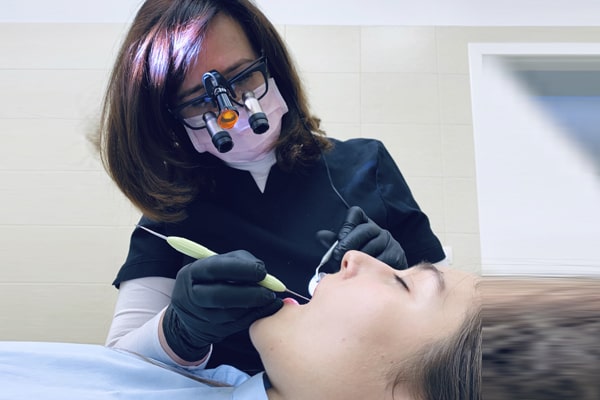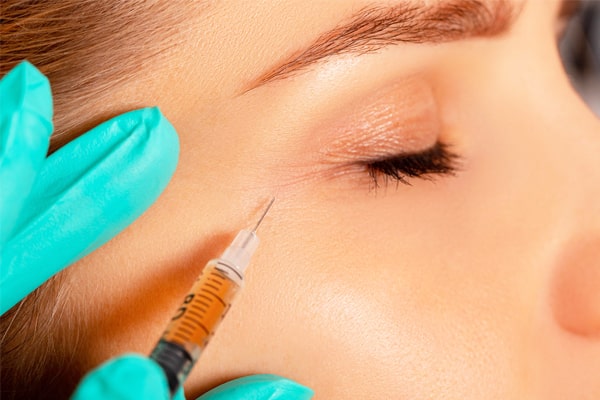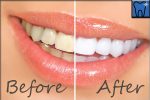Unveiling the Truth: Which Dental Services are Covered by Medicare?
As we age, the importance of regular dental checkups and treatments becomes increasingly apparent. However, figuring out what dental services are covered by Medicare can be a daunting task. Often, it feels like you need a degree in health insurance to understand the intricate details and exceptions. This article aims to clear the fog surrounding the question, “Does Medicare cover dental services?”
In the US, Medicare is a federal health insurance program for those 65 or older. Other individuals who can also benefit from this program include certain younger people with disabilities and individuals with End-Stage Renal Disease. The program is used to reduce the cost of health care. Unfortunately, it does not completely cover all expenses.
When it comes to dental services, Medicare coverage can be a bit of a gray area. To help you navigate this complex issue, we’ll discuss what Medicare is, whether it covers dental services, what specific dental services are covered and its limitations.
Understanding Medicare: An Overview
Before we delve into the specifics of what dental services are covered by Medicare, it’s important to understand the different parts of Medicare. There are four parts: Part A, Part B, Part C and Part D.
Medicare Part A covers hospital insurance, including hospital stays, skilled nursing facility care, hospice care, and some home health care services. Medicare Part B will cover certain outpatient care programs, medical supplies, doctors’ services and preventive services. Medicare Part C, also known as Medicare Advantage, offers all benefits and services covered under Part A and Part B, often including Medicare prescription drug coverage as a part of the plan. Lastly, Part D adds coverage for prescription drug.
Understanding these parts is crucial in determining the extent and limitations of Medicare dental coverage. Now, let’s answer the pressing question: does Medicare cover dental services?
Does Medicare Cover Dental Services?
If you’re wondering, “does Medicare cover dental services?” The majority of dental care, such as cleanings, extractions, and dentures, is not covered by Original Medicare (Part A and Part B).. However, if you require certain dental services as part of another Medicare-covered health procedure, Medicare may cover these dental services.
For example, if you need a tooth extraction before radiation treatment for oral cancer, Medicare may cover the extraction. Similarly, if you have a kidney transplant and need a dental exam before the procedure, Medicare may also cover the cost of the dental exam.
While this may seem limiting, there are other ways to supplement your Medicare dental coverage, which we will discuss later in this article.
What Dental Services are Covered by Medicare?
When you’re in the hospital, Medicare Part A (Hospital Insurance) may cover emergency dental procedures and certain dental services.
However, if you have a Medicare Advantage Plan (Part C), it might cover routine dental services. Each plan is different, so it’s important to check with your provider to find out what’s covered. Some Medicare Advantage Plans offer additional benefits, like vision, hearing and dental coverage. But, again, these services vary from plan to plan, so it’s essential to do your research.
Remember, even if Medicare does cover a dental service, you usually still have to pay your deductible, coinsurance and copayments.
The Limitations of Medicare Dental Coverage
As we’ve discussed, the Original Medicare plan does not cover routine dental care. This means that you’ll have to pay out-of-pocket for dental check-ups, cleanings, fillings, extractions, and dentures.
Moreover, even if you have a Medicare Advantage Plan that includes dental coverage, the plan might limit coverage to only basic services like cleanings and X-rays. More extensive procedures, such as crowns or bridges, might not be covered at all.
Making the Most of Your Medicare Dental Coverage
While it’s true that Medicare’s dental coverage can be quite limited, there are ways to make the most of it. One way is by purchasing a standalone dental insurance plan. These plans can cover a portion of the cost of your dental care, making it more affordable.
Additionally, if you qualify for a Medicare Advantage Plan, explore your options and choose a plan that includes dental coverage. Remember that the coverage varies from plan to plan, so ensure the one you choose covers the services you need.
Finally, preventive care is key. Regular check-ups and cleanings can help prevent more serious and costly problems down the line.
Key Takeaways on Medicare Dental Coverage
Understanding what dental services Medicare covers can help you plan for your oral health care needs. Keep in mind that while Original Medicare may not cover routine dental care, other options can supplement your coverage.
Remember to always check with your plan provider to understand what’s covered and what’s not. And don’t forget about the importance of preventive care to help avoid more serious and costly dental issues down the line.
Medicare may seem complex, but once you understand the basics, you can navigate its intricacies with confidence. Here’s to a healthier, happier you with a bright and healthy smile!
Don’t Miss To Follow SuperbHub For More Updates On Celebrity Entertainment, Biography, and News.
Recent News
-

Duane Chapman Is Now Engaged To Girlfriend Francie Frane, Had Lost Wife 10 Months Earlier
-

Katherine Schwarzenegger Pregnant With Her First Child With Husband Chris Pratt
-

Chris Cuomo's Son Mario Tested Postive For Coronavirus
-

Kodak Black And NBA YoungBoy, Dissing One Another Via Social Media
-

Maeve Kennedy McKean, Robert F. Kennedy's Granddaughter, is Missing Along With Her Son
Entertainment
-

The Evolution of Entertainment: Online Casting Calls Redefining the Industry
-

Mamoudou Athie's Must-Watch Performances in the Movies and TV Series
-

Try These Unique Forms of Entertainment When You've Exhausted All Options
-

7 Best Movies on Netflix This Week
-

Campus Grooves: Exploring Music Festivals in American Colleges






